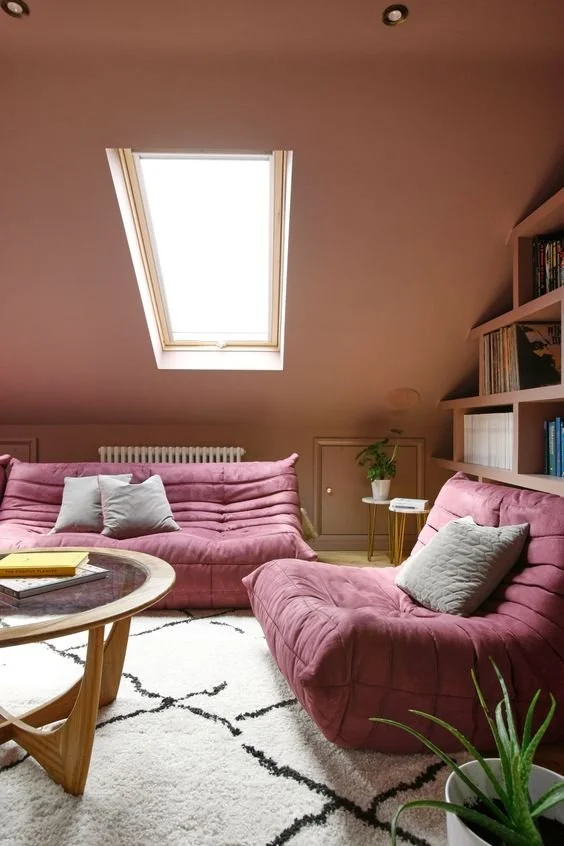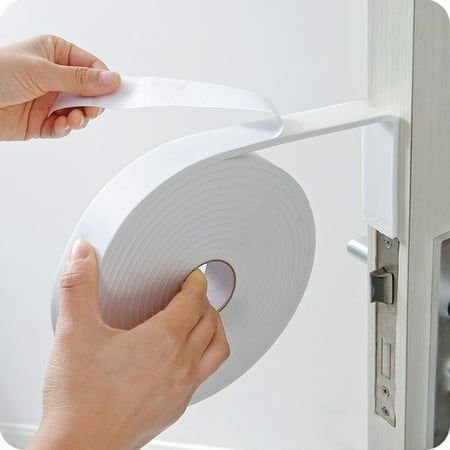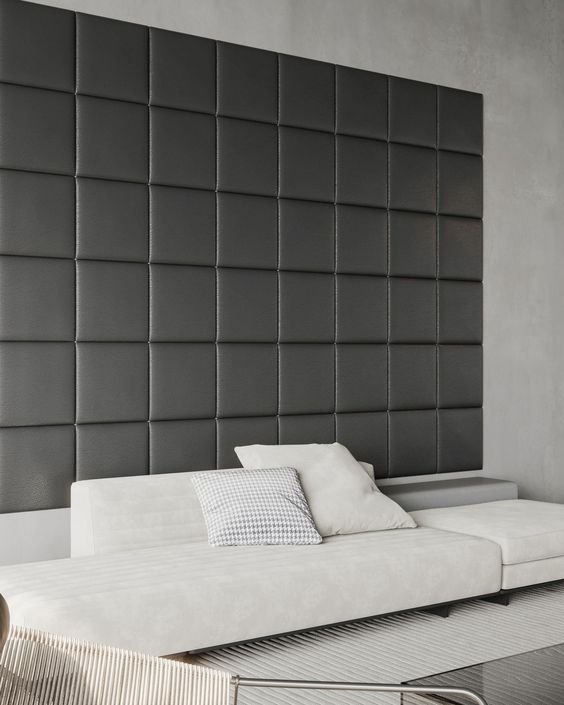How to Soundproof a Room: Effective and Affordable Solutions
Whether you are a musician aiming to create a quiet sanctuary for your practice sessions, a light sleeper looking to escape outside noises, or just someone who values their privacy, learning how to soundproof a room can be a game-changer. Soundproofing a room doesn't have to break the bank; there are plenty of cost-effective and DIY solutions that can significantly reduce unwanted noise infiltration. In this article, we will explore various techniques and strategies to help you achieve a peaceful and soundproofed living space.
How to Grow Juicy and Delicious Strawberries at Home
Exploring Various Types of Windows for Your Home
Feature Wall Ideas: Elevate Your Space with Stunning Statement Walls
Assess the Problem
Before diving into soundproofing, it's essential to identify the sources of noise and the pathways through which sound enters the room. Common culprits include outside traffic, noisy neighbors, and even echoes within your own space. By understanding the specific challenges you are facing, you can tailor your soundproofing efforts effectively.
Seal the Gaps
One of the cheapest and simplest ways to begin soundproofing a room is by sealing any gaps or cracks. Use weatherstripping to seal gaps around doors and windows, and apply caulk to seal gaps around baseboards and outlets. A well-sealed room will prevent both external noise from entering and internal noise from escaping.
Use Heavy Curtains and Carpets
Thick, heavy curtains can act as effective sound barriers by absorbing and blocking out incoming noise. Hanging curtains over windows and even along walls can make a noticeable difference. Additionally, placing plush carpets or rugs on the floor can help dampen sound vibrations and reduce echoes within the room.
Employ Bookshelves
Strategically placing bookshelves against walls can provide an added layer of sound insulation. Filling these shelves with books, records, or other dense objects can help absorb and scatter sound waves, minimizing their impact on the room's overall acoustics.
Acoustic Panels
Acoustic panels are specially designed to absorb sound waves, making them an excellent option for soundproofing a room. While commercially available panels can be a bit pricey, you can create your own DIY acoustic panels using materials like foam, fabric, and wooden frames. These panels can be strategically positioned on walls and ceilings to reduce sound reflections and echoes.
Focus on Doors
Doors are often overlooked when soundproofing, but they can be significant contributors to noise leakage. Installing a solid-core door or adding weatherstripping to the existing door can help create a better sound barrier. If possible, use a door sweep to seal the gap at the bottom of the door to prevent sound from traveling in or out.
Insulate Walls
Adding insulation to walls is a more involved but highly effective way to soundproof a room. Fiberglass insulation can help dampen sound vibrations and reduce noise transmission. You can choose between batt insulation (rolls or batts) or blown-in insulation, depending on your preference and the room's structure.
Consider Double Drywall
For enhanced soundproofing, consider installing a second layer of drywall with Green Glue compound in between. This technique creates an extra sound-blocking layer and helps dampen vibrations, resulting in improved sound insulation.
Soundproofing a room doesn't have to be an expensive endeavour. By employing a combination of strategic techniques and cost-effective materials, you can create a more peaceful and insulated living space. Whether you are dealing with external noise or aiming to keep your own sounds contained, these DIY solutions offer a range of options for soundproofing success. Remember to assess your room's specific needs and tailor your approach accordingly. With a bit of effort and creativity, you can transform any room into a quiet oasis of tranquility.
Visual source: pinterest.com















